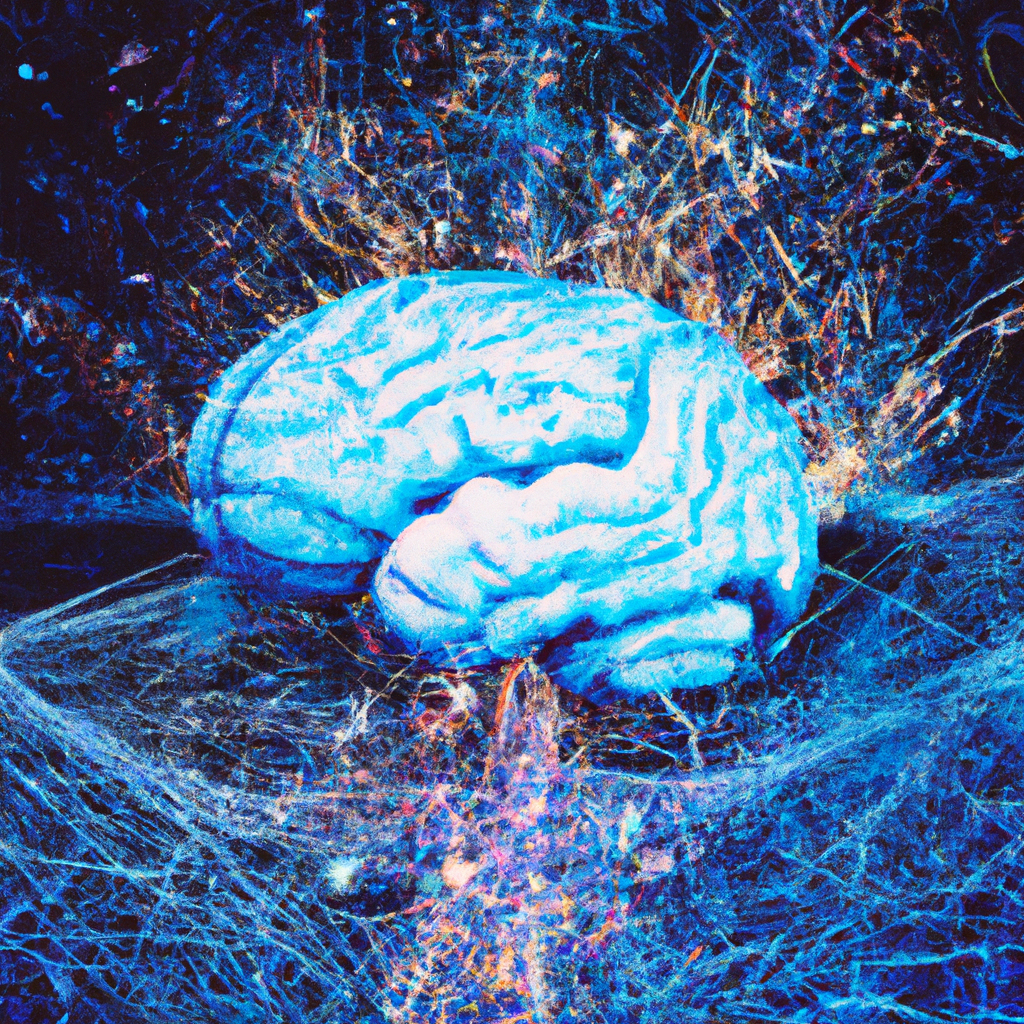Exploring the Nexus of Neuroscience and Quantum Physics: The Future of Mind Science
In 2025, the boundaries between neuroscience and quantum physics continue to blur, offering groundbreaking insights into the human mind and consciousness. This intersection, often referred to as ‘quantum neurology’, is poised to revolutionize our understanding of mental processes and could potentially lead to significant advancements in treating mental disorders and enhancing cognitive abilities.
Quantum Mechanics Meets Brain Science
Quantum neurology integrates principles of quantum mechanics with neurological science to explore concepts like quantum consciousness and the role of microtubules in the brain. The theory suggests that quantum mechanics plays a vital role in brain function, particularly in processes related to consciousness.
Potential Implications and Applications
As we delve deeper into quantum neurology, we may discover new ways to diagnose and treat neurological disorders, such as Alzheimer’s and Parkinson’s disease, by targeting the quantum processes believed to influence these conditions. Furthermore, this field could lead to the development of quantum computers that mimic brain functionality, offering faster and more efficient processing capabilities.
Ethical Considerations and Future Prospects
The fusion of quantum physics and neuroscience not only promises scientific advancements but also poses significant ethical questions. As we gain more control over cognitive functions, issues surrounding mental privacy, cognitive enhancement, and the nature of consciousness itself become increasingly pertinent.
In conclusion, while quantum neurology is still in its nascent stages, its potential to transform our understanding of the mind and brain is undeniable. As we look toward the future, it is essential to navigate these advancements with a balanced approach, considering both their scientific potential and ethical implications.






